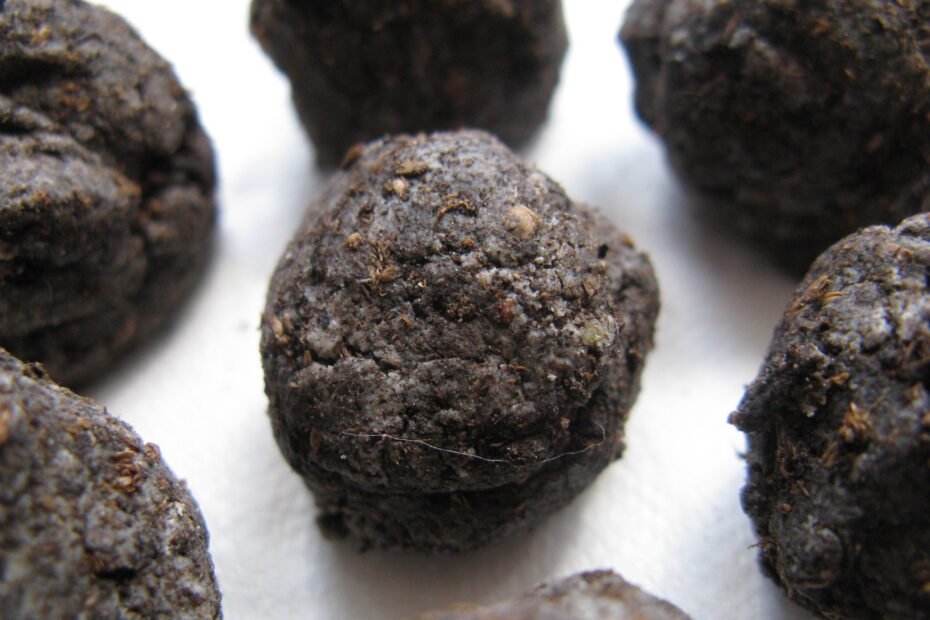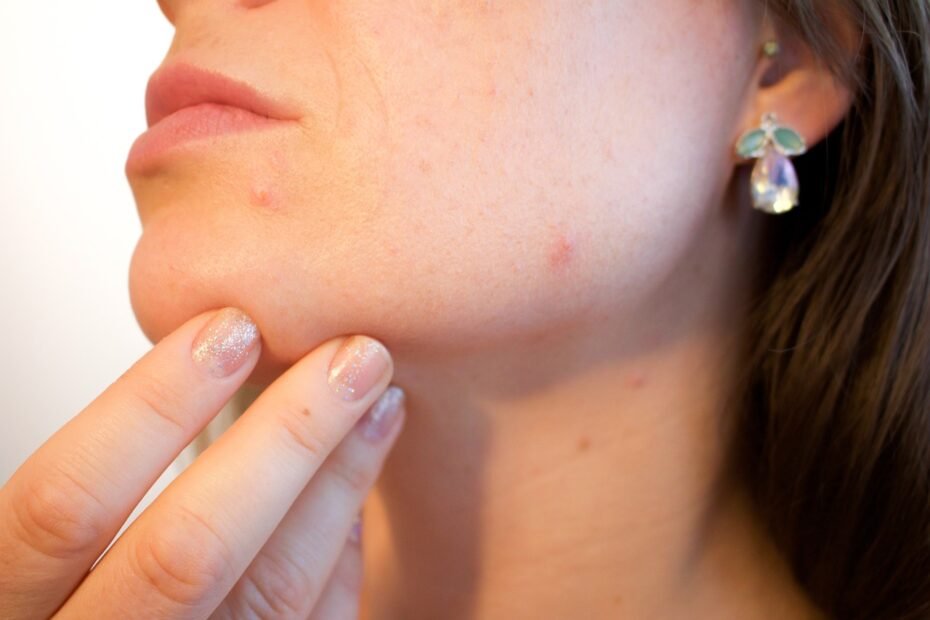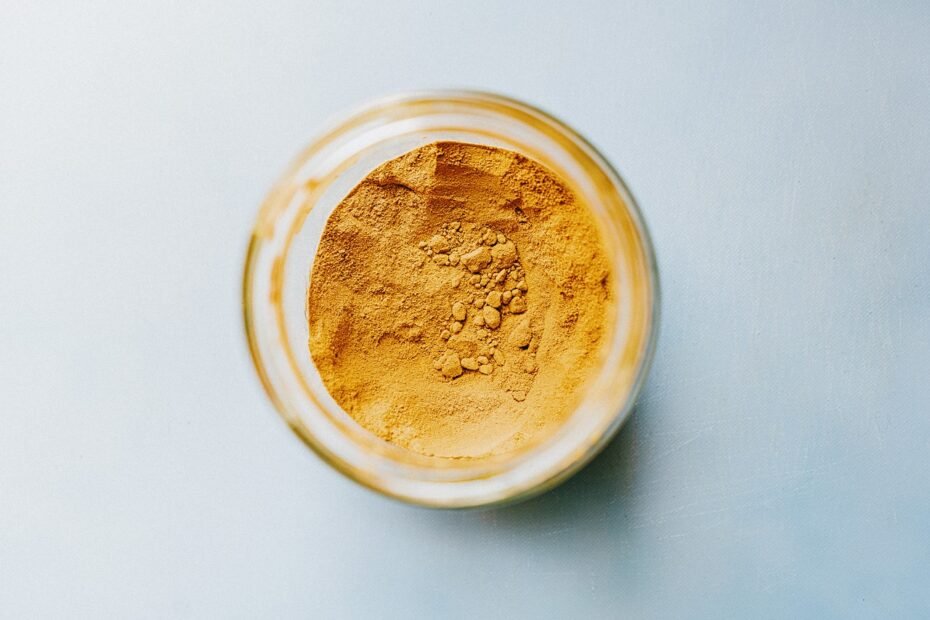Coconut oil is widely popular for its many uses, from cooking to skincare. People use it as a natural moisturizer, makeup remover, and even as a hair treatment. But there’s an ongoing debate: does coconut oil clog pores? Let’s delve into this topic to find out more.
What Are Pores?
First, let’s understand what pores are. Pores are tiny openings in our skin that let it “breathe.” They release oils and sweat, which help keep our skin healthy. Clogged pores can lead to blackheads, whiteheads, and acne. So, anything that blocks these pores is a concern, especially for those prone to acne.
Properties of Coconut Oil
Coconut oil is extracted from mature coconuts and is known for its fatty acids and antibacterial properties. It’s often touted for its ability to hydrate and nourish the skin. But its texture and consistency have led some to wonder if it’s too heavy for facial skin, particularly for those with oily or acne-prone skin.
Comedogenicity
The term “comedogenic” refers to ingredients that can clog pores. On a scale from 0 to 5, where 0 is non-comedogenic and 5 is highly comedogenic, coconut oil scores around 4. This means it has a higher likelihood of clogging pores, especially for people with sensitive or acne-prone skin.
The Science Behind It
Studies have shown that coconut oil is rich in beneficial fatty acids like lauric acid. Lauric acid has antibacterial properties that can help kill acne-causing bacteria. But the oil’s thick consistency can form a barrier on the skin, trapping dead skin cells and sebum (natural oils) inside the pores.
Individual Variability
Another crucial factor is individual skin type. While some people find coconut oil to be a miracle cure for dryness, others notice breakouts after using it. People with dry to normal skin might not face issues, but those with oily or acne-prone skin could potentially experience clogged pores.
Scientific Opinions and Studies
There have been mixed opinions among dermatologists and skincare experts. Some professionals say that coconut oil’s benefits outweigh the downsides and recommend it for its moisturizing properties. Others argue that its comedogenic nature makes it unsuitable for the face.
A study published in the Journal of Dermatology found that while coconut oil can penetrate deep into the skin and provide long-lasting moisture, its heavy texture is not ideal for oily skin types. Another study from the International Journal of Molecular Sciences highlighted the antibacterial properties of lauric acid but suggested cautious use for acne-prone individuals.
User Experiences
When it comes to real-life experiences, the internet is full of contrasting opinions. Many people claim that coconut oil has transformed their skin for the better, citing improved hydration and fewer wrinkles. However, other users report an increase in breakouts and blackheads after incorporating coconut oil into their skincare routines.
Alternatives to Coconut Oil
If you’re worried about clogged pores but still want the benefits of coconut oil, there are alternatives. Oils like jojoba and argan are less comedogenic and may offer similar moisturizing benefits without the risk of clogging pores.
Conclusion
So, does coconut oil clog pores? The answer isn’t straightforward. It largely depends on your skin type and how your skin reacts to the oil. While it is highly comedogenic and can clog pores for some people, others may not experience this problem at all. If you’re thinking about using coconut oil on your skin, it’s best to start with a patch test and observe how your skin responds.
Always consult with a dermatologist to find out what’s best for your specific skin type and conditions.
Health Disclaimer: The information provided in this article is for educational purposes only and should not be taken as medical advice. Always consult with a healthcare professional before making any changes to your skincare routine.







